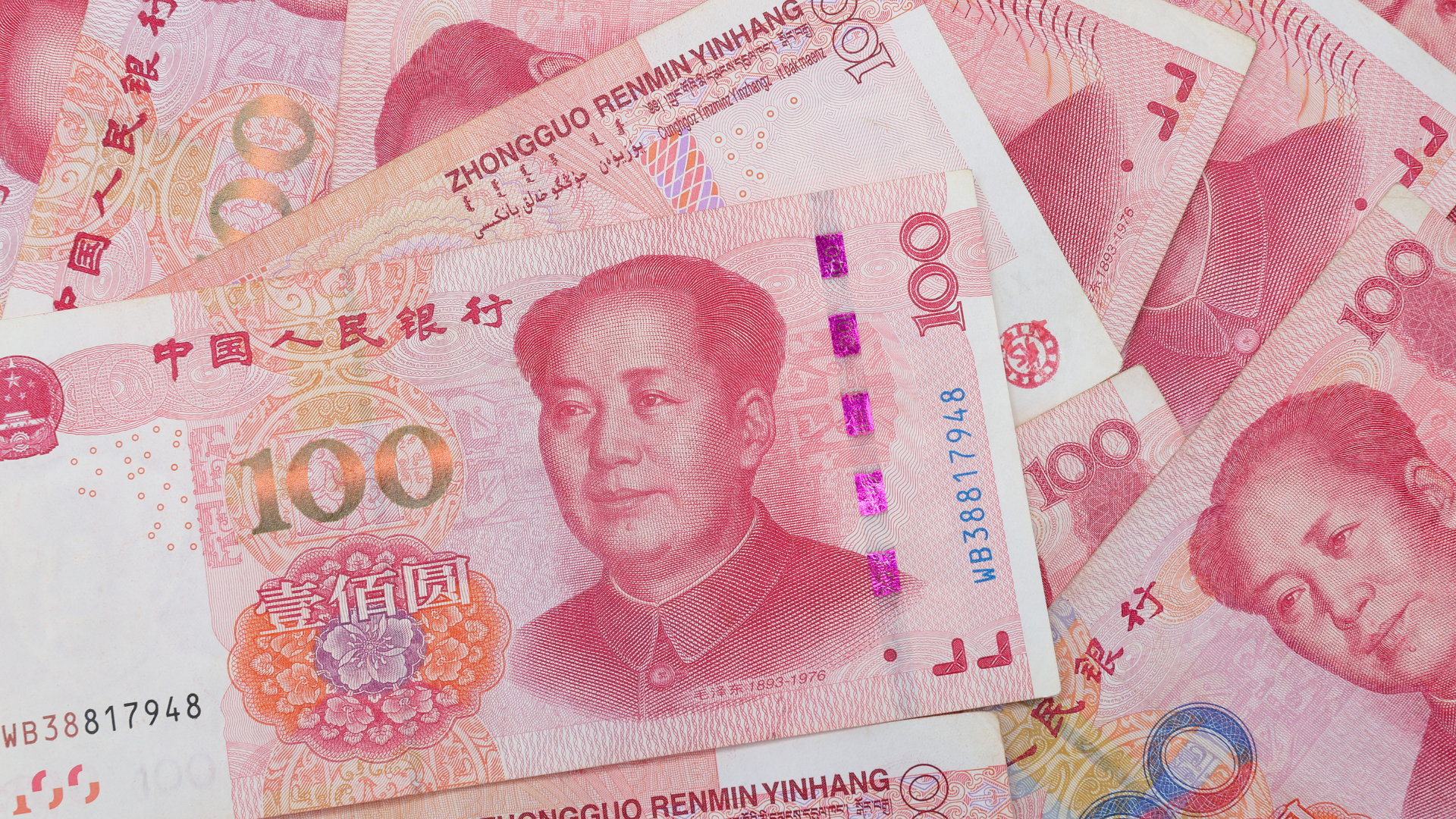As trade tensions with the United States escalate, Chinese policymakers are contemplating a strategy to weaken the Yuan. This move aims to mitigate the economic impact of potential tariffs and trade barriers imposed by the Trump administration.
By devaluing the Yuan, China hopes to make its exports more competitive on the global market, countering the adverse effects of U.S. trade policies. Financial markets have shown mixed reactions to the news, with some investors seeing the potential for increased export competitiveness, while others are concerned about the broader implications for global trade and economic stability.
Economists are divided on the effectiveness of this strategy. Some argue that a weaker Yuan could lead to short-term gains for Chinese exporters, while others warn of potential long-term consequences, including capital flight and increased inflation.
The decision to weaken the Yuan could have far-reaching effects on the global economy, potentially prompting other countries to consider similar measures and leading to a currency war that could further destabilize international trade relations.
















